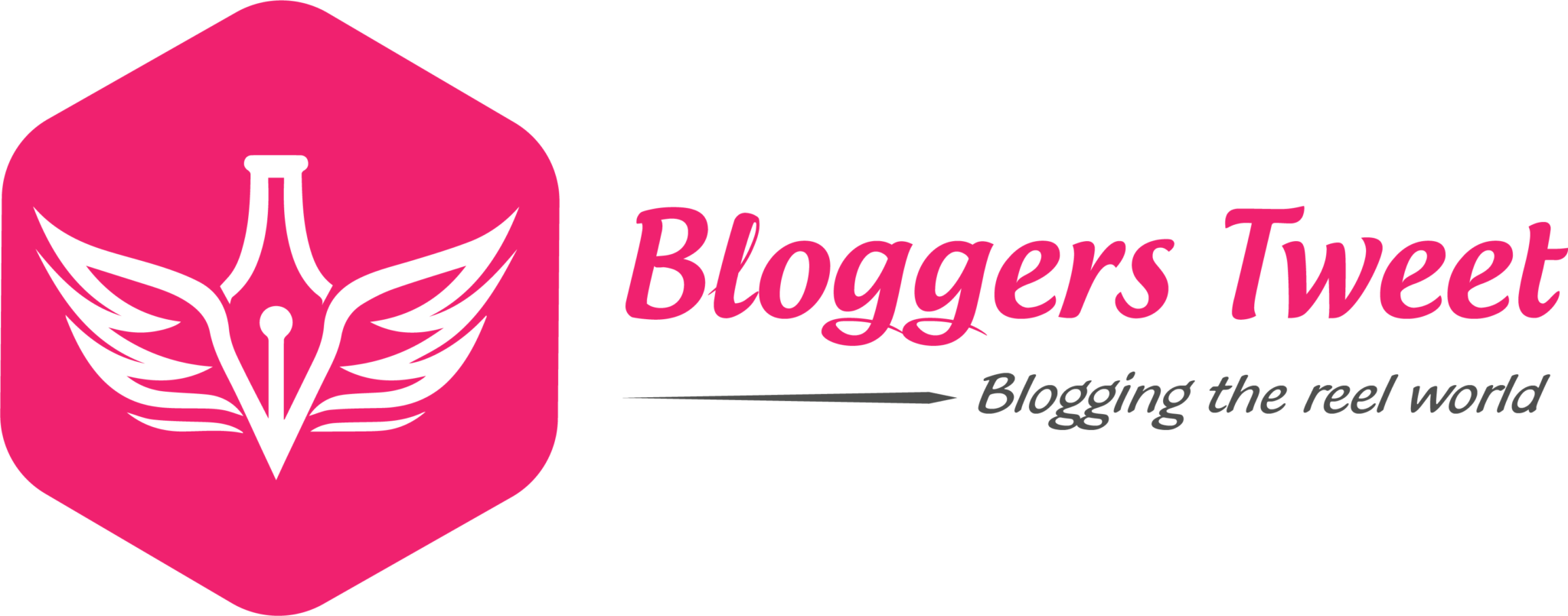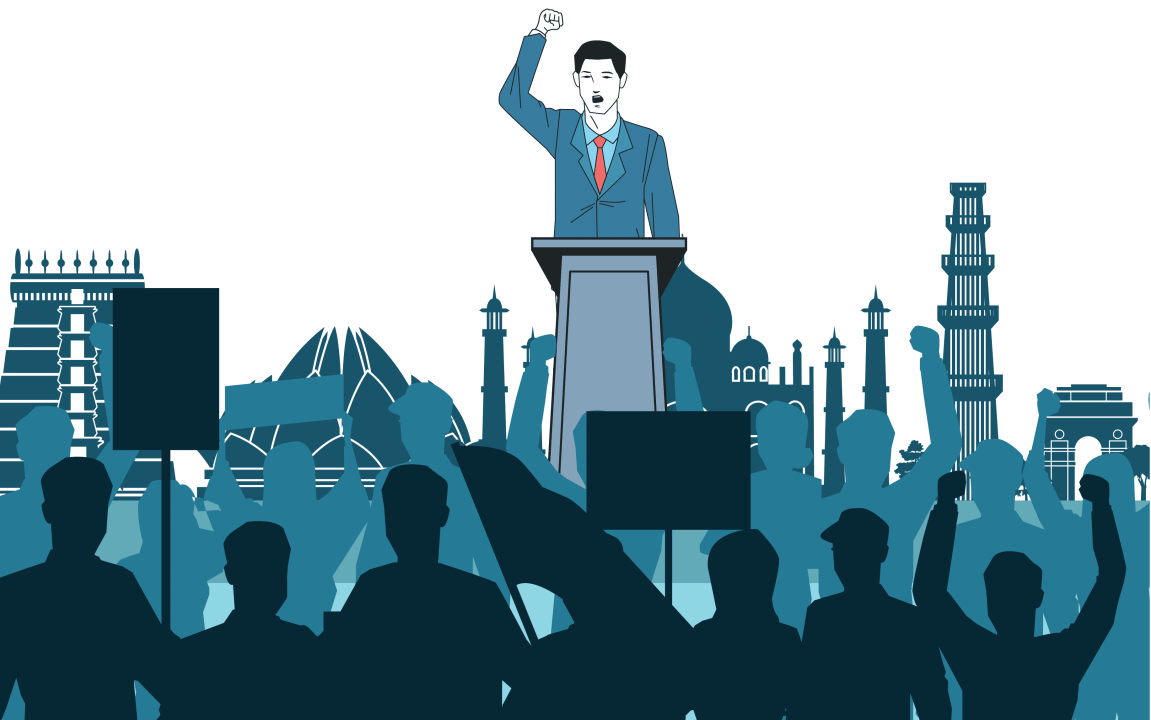Introduction:
In the dynamic and challenging world of politics, aspiring to become the best politician in the country requires a strategic and multifaceted approach. Success in politics demands a combination of leadership skills, a deep understanding of public issues, effective communication, and a commitment to serving the community. In this blog post, we’ll explore the key steps and qualities that can propel you towards becoming a successful and respected politician.
Political science: what is it?
The acts that control the authority of a state’s institutions are collectively referred to as politics. Politics is the study of relations between political parties that represent divergent ideas in the government of a region or a nation.
Politics research is the focus of this particular field of social science. Political science is another term for this field of study on politics. A politician is a person who advocates for political causes or who works in the field of politics.
What a Politician Does
You need to understand the obligations that come with becoming a politician if you wish to pursue this career path. It is expected of a politician to carry out specific tasks and contribute to the betterment of society.
A politician’s responsibilities include:
- Taking care of human needs and issues
- Enacting legislation pertaining to significant social issues
- running for office through campaigning
- Talking about political matters
- serving in government panels
Here’s How You Can Start
Educate Yourself:
To be an effective politician, it’s crucial to have a solid educational foundation. Stay informed about local, national, and international issues. Pursue a degree in political science, law, or a related field to deepen your understanding of governance and policy.
Build a Strong Moral Compass:
Integrity is the cornerstone of a successful political career. Uphold ethical standards and demonstrate unwavering honesty. Trust is essential in politics, and constituents are more likely to support a leader they believe to be genuine and principled.
Connect with the Community:
Successful politicians have a deep connection with their constituents. Attend community events, listen to concerns, and engage in meaningful conversations. Building genuine relationships will not only help you understand the needs of the community but also gain their trust and support.
Develop Effective Communication Skills:
Clear and compelling communication is vital in politics. Work on honing your public speaking skills, and use various communication channels, such as social media, to reach a broader audience. Craft a strong and consistent message that resonates with your constituents.
Volunteer and Get Involved:
Actively participate in community service and volunteer work. This demonstrates your commitment to the well-being of the community and provides valuable hands-on experience in addressing real-world issues.
Gain Political Experience:
Start at the local level by getting involved in community boards, city councils, or other entry-level political positions. As you gain experience, you’ll develop a nuanced understanding of the political landscape and build a network of contacts.
Stay Informed and Adaptable:
Politics is ever-evolving, and staying informed about current events and policy changes is crucial. Be adaptable and open to new ideas, as this will help you navigate complex political situations with agility.
Foster Collaborative Relationships:
Successful politicians know how to collaborate with diverse groups and individuals. Build relationships with fellow politicians, community leaders, and stakeholders. The ability to work collaboratively enhances your effectiveness as a leader.
Campaign Strategically:
When running for office, create a well-thought-out campaign strategy. Clearly articulate your platform, engage with voters, and leverage social media to amplify your message. A well-executed campaign can significantly impact your chances of success.
Continue Learning and Evolving:
The best politicians are lifelong learners. Stay curious, seek feedback, and continuously improve your skills. Attend workshops, conferences, and engage in professional development opportunities to stay at the forefront of political trends and governance practices.
The Ultimate Book List for Aspiring Politicians
Embarking on a journey to become the best politician in the country requires not only practical experience but also a deep understanding of political theory, history, and leadership. In this blog post, we’ve curated a list of must-read books that will equip aspiring politicians with the knowledge and insights needed to navigate the complex world of politics and governance.
“The Prince” by Niccolò Machiavelli: Dive into this classic work that explores the art of leadership and political strategy. Machiavelli’s insights on power, manipulation, and governance remain relevant, making this a foundational read for any aspiring politician.
“The Federalist Papers” by Alexander Hamilton, James Madison, and John Jay: Gain a comprehensive understanding of the U.S. Constitution and the principles that underpin American government. This collection of essays provides invaluable insights into the intentions of the Founding Fathers.
“Profiles in Courage” by John F. Kennedy: Explore stories of political courage and integrity in this Pulitzer Prize-winning book. Kennedy profiles eight senators who defied public opinion and stood by their principles, offering inspiration for those seeking moral leadership.
“The Audacity of Hope” by Barack Obama: Written by the 44th President of the United States, this memoir outlines Obama’s vision for America and reflects on the challenges and possibilities of political leadership. It offers a personal perspective on the responsibilities and aspirations of a political leader.
“Team of Rivals” by Doris Kearns Goodwin: Delve into the leadership style of Abraham Lincoln as Goodwin explores how he managed to bring together a diverse group of individuals to form a formidable team during a critical period in U.S. history.
“The Road to Serfdom” by Friedrich Hayek: For a perspective on the role of government and the dangers of centralized planning, Hayek’s classic is a must-read. It provides insights into the importance of individual liberty and the potential pitfalls of excessive government control.
“The Art of Political Manipulation” by William H. Riker: Understand the dynamics of political decision-making and manipulation with this insightful book. Riker’s work explores the strategic considerations and tactics employed by politicians to achieve their goals.
“The 48 Laws of Power” by Robert Greene: Greene’s exploration of power dynamics provides practical insights into the strategies employed by influential figures throughout history. While cautioning against unethical behavior, it offers valuable lessons in understanding and navigating power structures.
“Leadership in War” by Andrew Roberts: Analyze the leadership styles of historical figures during times of conflict. Roberts examines the decisions and strategies of prominent leaders, offering valuable lessons for those aspiring to navigate challenges on the political stage.
“The Conscience of a Conservative” by Barry Goldwater: Explore conservative principles and policies through the lens of Barry Goldwater’s influential work. This book provides insights into the foundations of conservative political thought and is relevant for politicians across the ideological spectrum.
Conclusion:
Becoming the best politician in the country is a challenging yet rewarding journey. By combining education, community engagement, ethical conduct, and effective communication, you can position yourself as a leader who truly represents and serves the people. Stay committed to your principles, be adaptable, and always strive for improvement as you navigate the complex and dynamic world of politics.


